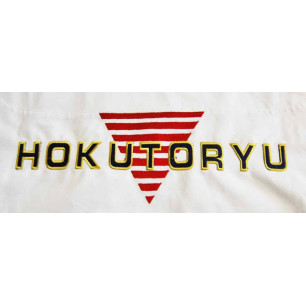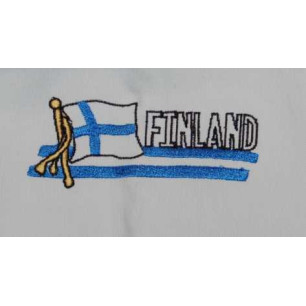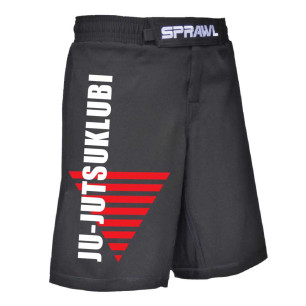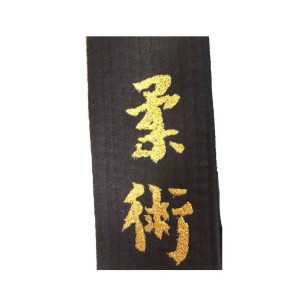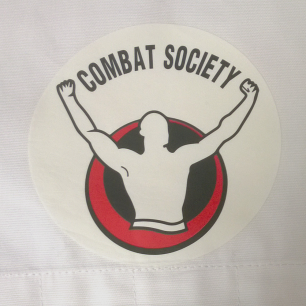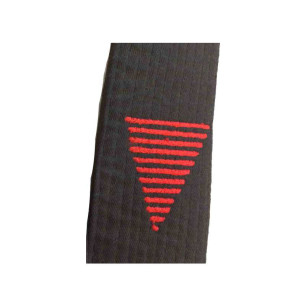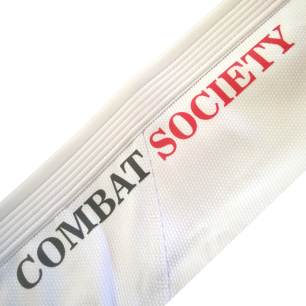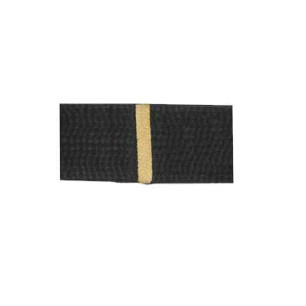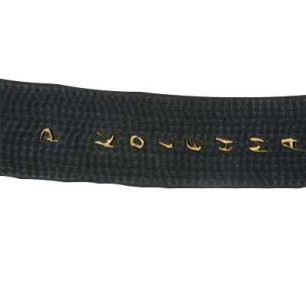Heat transfer printing
A transfer image is produced by first printing the desired logo or pattern on a substrate, such as polyester film, and then curing it in an oven. The transfer image can then be stored or printed onto the material using heat and pressure. Transfer images are mainly used for printing textiles, such as t-shirts, sweatshirts and bags, but also for sports equipment, e.g. fight shorts, ju-jutsu suits.
Thermal transfer is an indirect printing method based on the screen printing method. The difference between the two methods is that in screen printing, the image is printed directly onto the garment, while heat transfer printing, as mentioned above, first ends up on the substrate or paper.
Sublimation printing
Sublimation printing is significantly different from other printing methods. In this context, we also talk about transfer printing, where the pattern is first printed on special transfer paper and then transferred to the textile with the help of heat. However, the special feature of the method is that the ink turns into a gas when heated and penetrates the textile fibers. This method enables vivid colors and high washing resistance, but it can only be used for fabrics with more than 65% synthetic fibers. In sublimation printing, the color of the fabric must be taken into account because the darker the fabric, the weaker the colors will come out, white fabric is of course the best if you want all colors to be clearly visible from the print.
Screen printing
Screen printing is a traditional printing method that stands out for its durability and high quality. Color or ink is printed through a thin mesh onto textiles or onto a substrate. Each color is applied layer by layer, making screen printing ideal for large print runs. Screen printing has a high initial cost compared to heat transfer or sublimation printing.
Embroidery
Embroidery (the term machine embroidery is also used) generally means a machine-sewn pattern or brand/logo on fabric. The concept is mainly used in connection with advertising textiles. Embroidery makes the textile unique and is a popular way to emphasize the common look of sports clubs. In many people's opinion, embroidery is the most elegant way to decorate, for example, polo shirts for common representation use or sports clubs' tracksuits intended for travel. An embroidery machine always needs a program and because of this, making individual logos/images becomes valuable.
35 products








